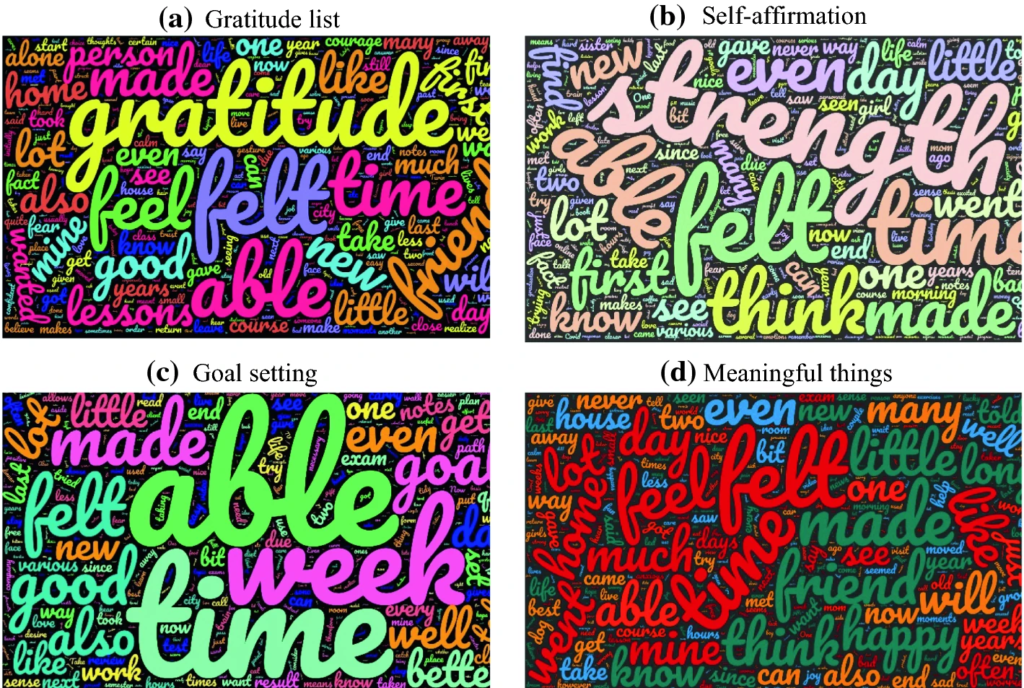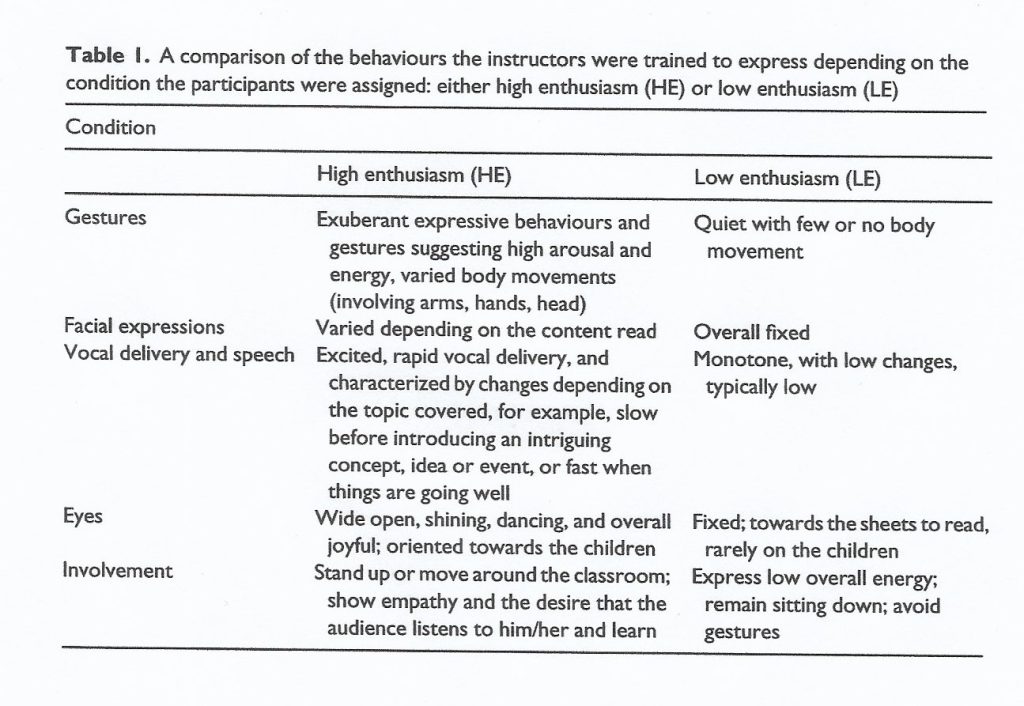Self-compassion and need-satisfaction

Self-compassion can be defined as a caring attitude towards oneself linked with many well-being factors and with adaptation in difficult times and when facing setbacks (Neff, 2023). Many studies considered ways to foster it with clinical populations, while only a few researches examined the efficacy of training programs with students, teachers, workers and so on. Moreover, rarely the relationships with basic need satisfaction/frustration has been examined, leading open the question whether self-compassion favors need satisfaction or the way around. Hence it is worthwhile to explore (a) the efficacy of self-compassion interventions with a range of populations and (b) the relationships with need satisfaction and frustration
Main topics:
- The effect of recalling and elaborating on well-being
- Increasing wellbeing through need supportive practices

Developing effective practices to foster motivation and well-being

Following the Self-Determination Theory (SDT: Ryan & Deci, 2017) people are motivated the more they experience satisfaction of the three basic psychological needs of relatedness (feeling connected, experiencing warmth relationships), competence (perceiving to be able and successful in performing tasks) and autonomy (choosing the activities, the course of action and the rationale for doing).
The social environment plays a central role in favoring need satisfaction through adoption of motivating styles. Hence, it is of paramount importance (a) understanding what lead teachers and parents to be more or less motivating, (b) devising effective practices through which people can increase motivation and well-being.
Main topics:
- Effects of enthusiasm on learning and motivation
- Predictors of adoption of need supportive practices

Other research lines
- Increasing wellbeing and adaptive self-perceptions: Implementation of practices to rise well-being and motivation
- Parental autonomy support during homework: how self-determined motivation can be fostered
- Motivational factors contributing in explaining gender differences in cognition: incremental beliefs, ability perceptions, gendered attitudes
- Favoring need satisfaction and adoption of supportive practices in teachers and parents: Research on the factors leading teachers and parents to adopt need supportive or need thwarting behaviours